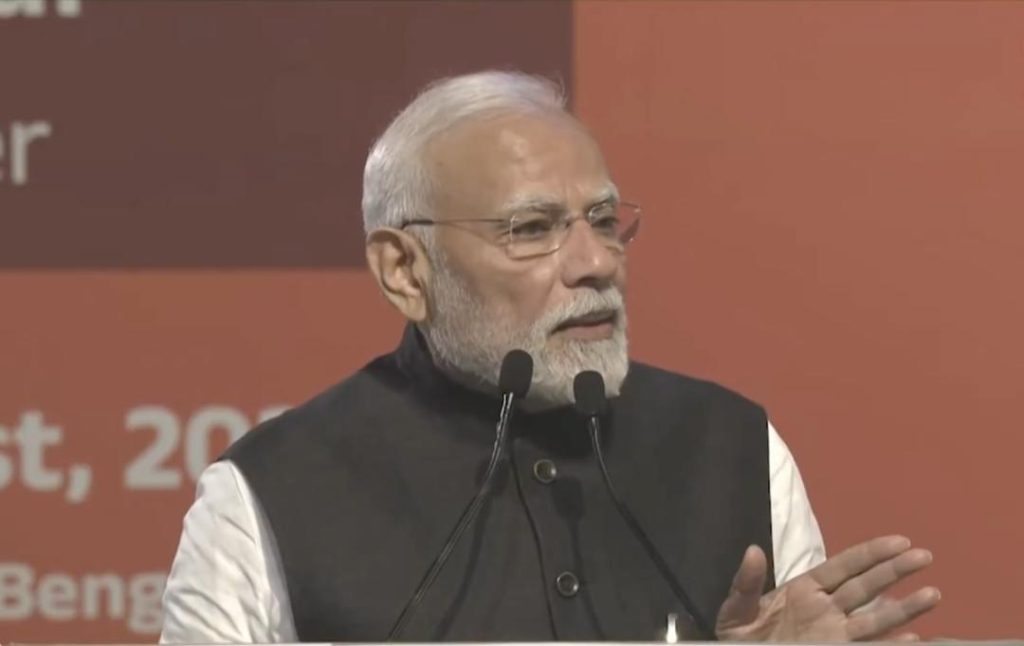
Bengaluru’s Yellow, Orange Metro lines to help 25 lakh people daily: PM
On Sunday, Prime Minister Narendra Modi inaugurated Bengaluru Metro’s Yellow Line, marking a significant milestone in the city’s transportation infrastructure. In his speech, the Prime Minister emphasized the significance of the Yellow Line, stating that it will connect many important areas of the city. Moreover, he laid the foundation stone for the Orange Line, which is expected to benefit a staggering 25 lakh commuters daily.
The Yellow Line, which is approximately 21.5 km long, connects the city’s central business district to the eastern part of the city, covering areas such as Jayanagara, Banashankari, and Mysore Road. The Prime Minister’s statement highlights the importance of this line in connecting key commercial and residential areas, making it a vital artery for the city’s transportation system.
The Orange Line, which is expected to be completed in the next few years, will stretch for approximately 23 km, connecting the city’s northern and southern areas. The line will pass through important areas such as Hebbal, K.R. Puram, and Hosur Road, providing a much-needed link between the city’s northern and southern suburbs.
The Prime Minister’s statement also acknowledged the significant contribution made by companies such as Infosys, Biocon, and Delta Electronics through part funding of the metro project. He commended their Corporate Social Responsibility (CSR) model, stating that it is “inspirational.” This is a testament to the growing trend of corporate- government partnerships in infrastructure development.
The Bengaluru Metro project is a significant undertaking, with a total length of over 170 km. The project aims to provide a modern, efficient, and reliable public transportation system to the city’s residents and commuters. With the addition of the Yellow Line and the upcoming Orange Line, the metro network will cover a significant portion of the city, making it easier for people to travel across different areas.
The Bengaluru Metro project has been a long-standing priority for the government, with several phases of construction already underway. The project has also received significant funding from the government, as well as from private companies and international organizations.
In addition to the economic benefits, the metro project is also expected to have several environmental and social benefits. By providing an alternative mode of transportation, the metro is expected to reduce traffic congestion on the city’s roads, decreasing air pollution and improving overall air quality. The project will also provide employment opportunities for thousands of people and stimulate economic growth in the city.
The Prime Minister’s statement highlights the significance of public-private partnerships in infrastructure development. The Bengaluru Metro project is a prime example of how private companies can contribute to the development of critical infrastructure, making it a model for other cities to follow.
In conclusion, the inauguration of the Yellow Line and the foundation stone-laying ceremony for the Orange Line marks a significant milestone in Bengaluru’s transportation infrastructure. The project will benefit a staggering 25 lakh commuters daily, providing a modern, efficient, and reliable public transportation system to the city’s residents and commuters. The Prime Minister’s statement highlights the importance of corporate-government partnerships in infrastructure development, making it a model for other cities to follow.






